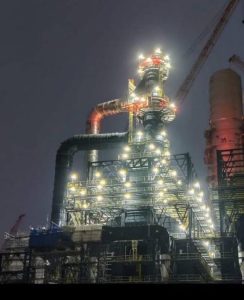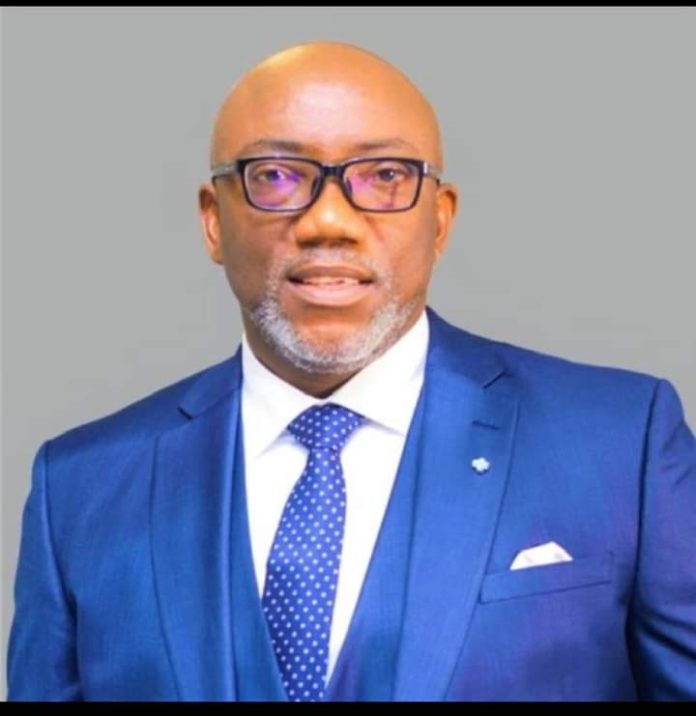Nigeria’s energy sector is currently grappling with significant disruptions following the removal of fuel subsidies by the current administration. This policy shift has led to widespread market changes and subsequent price adjustments, causing a ripple effect across the country. Amidst this evolving crisis, Anayo Nwosu, a seasoned investment banker, has weighed in on the matter, shedding light on the complexities surrounding the current energy situation and the role of the Nigerian National Petroleum Company Limited (NNPCL) in addressing the challenges.
Nwosu emphasized that the price consumers pay for fuel at filling stations is determined by two key factors: the cost of refining the fuel and the cost of transporting it to the final point of sale. Ideally, he explained, residents of Lekki, Victoria Island, Epe, and the broader Lagos region should enjoy lower fuel prices due to their proximity to the Dangote Refinery. The logic behind this is that shorter transportation distances reduce costs, making it cheaper for areas near the refinery to access petrol.
However, the situation is not that straightforward. Allowing Lagos and its surrounding areas to benefit from cheaper fuel prices would inevitably create a disparity in pricing across the country, with fuel becoming more expensive the further one moves from the refinery. Nwosu drew a parallel with the agricultural sector, where products like yams are sold at lower prices near their point of production and become progressively more expensive as they are transported to distant markets. This uneven pricing dynamic is at the heart of the debate regarding fuel distribution.
The key issue now is how to manage these price differences in a way that does not exacerbate the already high levels of inflation in the country. Nwosu pointed out that while the federal government has made it clear that fuel subsidies are gone, there is now a looming question over whether citizens living near the refinery, who endure the environmental and pollution-related impacts of its operations, should effectively subsidize the fuel prices for those living in more distant locations. This would mean that Lagos residents, who deal with tanker congestion, pollution, and other environmental challenges, would be required to shoulder the cost of making fuel more affordable for those in other parts of the country.
Nwosu suggested that a potential solution could lie in improving the logistics of fuel distribution. By utilizing railways, pipelines, and large ships to transport fuel to distant regions, it may be possible to mitigate the price disparities and reduce the financial burden on consumers living far from the refinery. This could help ensure that those in remote areas are not disproportionately affected by high fuel costs while maintaining a more equitable pricing structure nationwide.
Additionally, Nwosu proposed that the federal government should allow Dangote Refinery to sell its products at ex-depot prices, enabling state governments to step in and subsidize fuel for their own citizens if they deem it necessary. This approach would resemble the way states currently handle education subsidies, with each region tailoring its support based on local needs and resources. By doing so, regions that bear the brunt of the environmental and logistical challenges posed by the refinery’s operations could benefit from lower fuel prices, providing some level of compensation for the hardships they face.
In conclusion, Nwosu highlighted the need for a more nuanced approach to fuel pricing in Nigeria, one that balances the needs of both near and distant regions. While the removal of subsidies marks a significant policy shift, it also presents an opportunity for the government and stakeholders to explore innovative solutions that ensure fair and sustainable pricing for all Nigerians. As Nwosu put it, “What do I know?” leaving his insightful remarks open for further discussion on the future of Nigeria’s energy landscape.
By Anthony Emeka Nwosu




